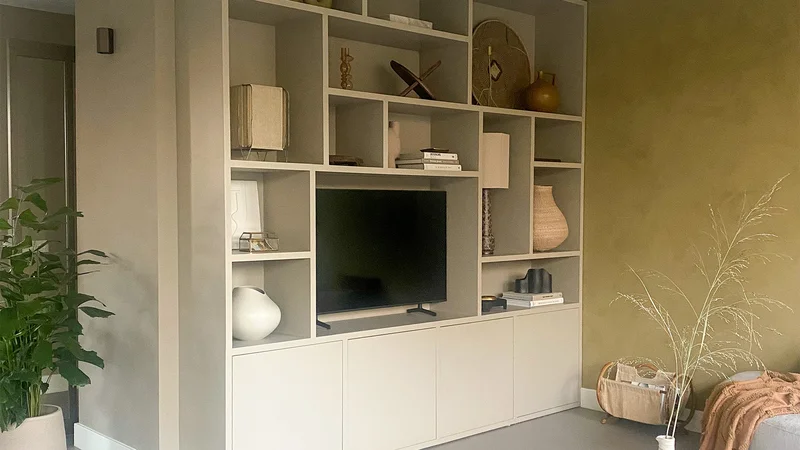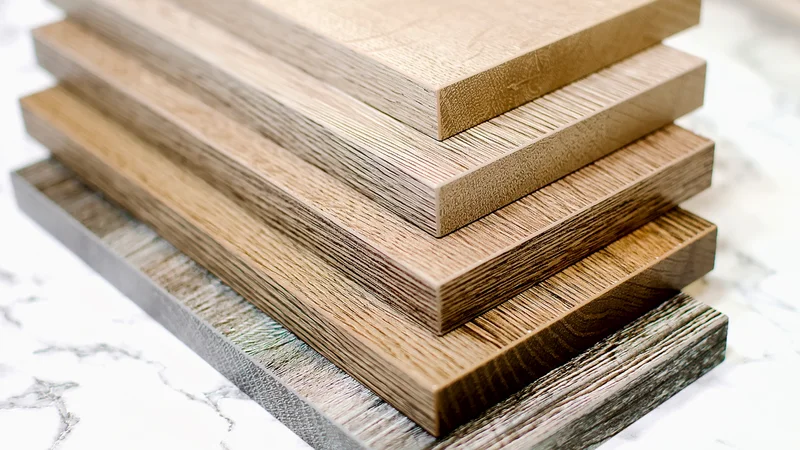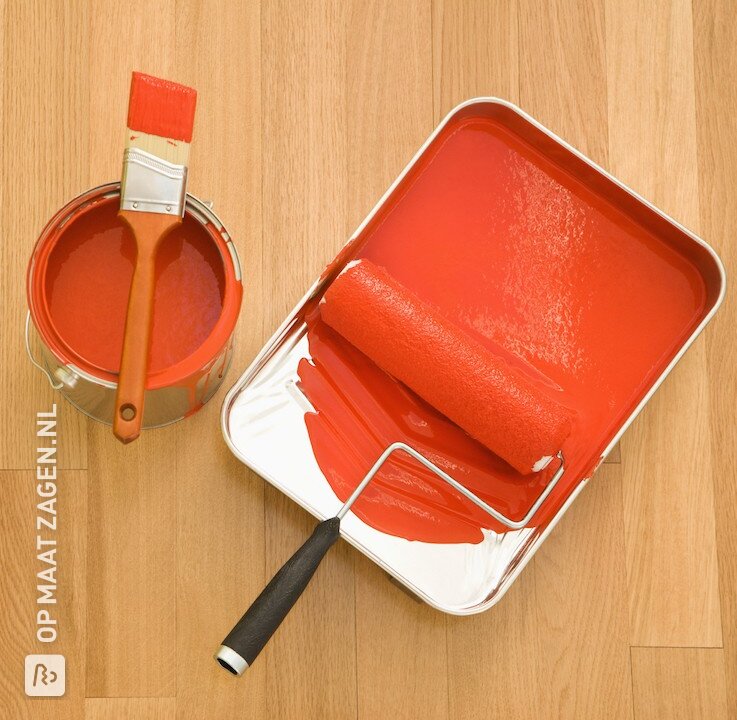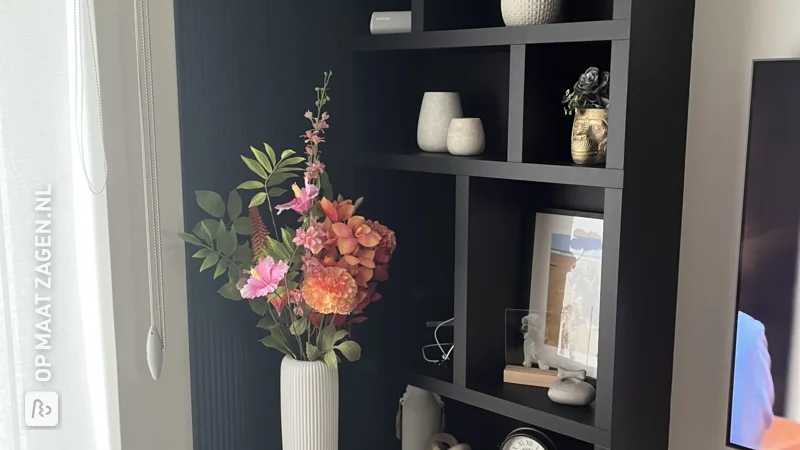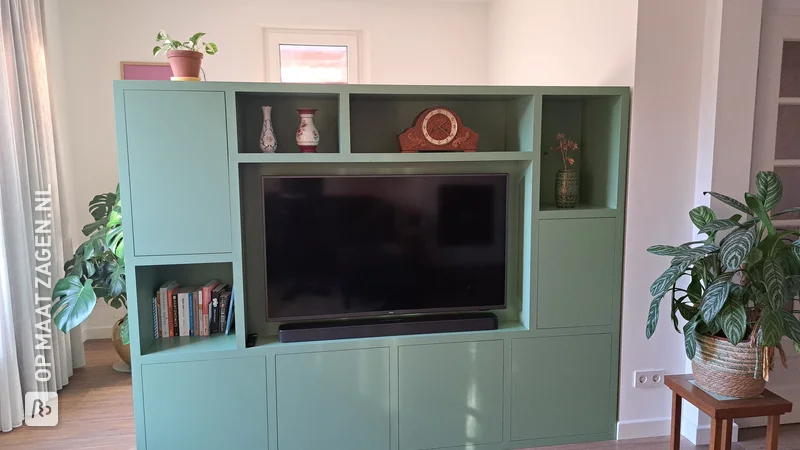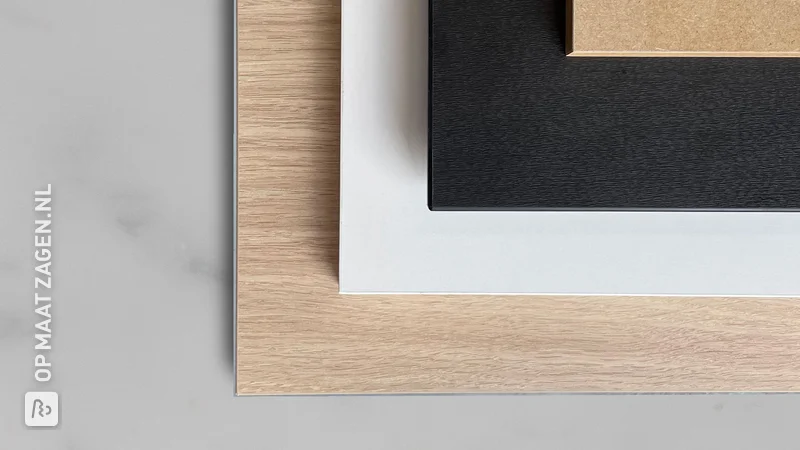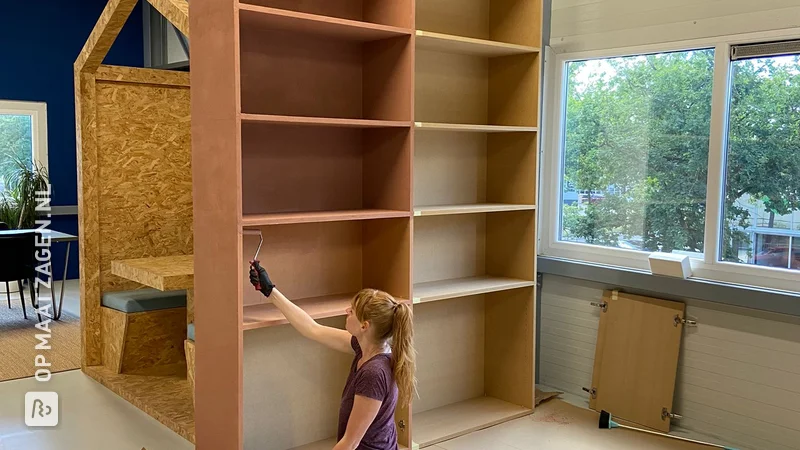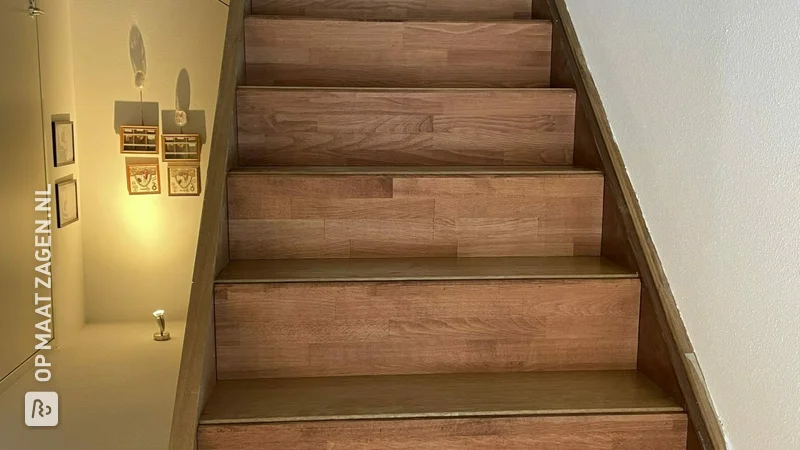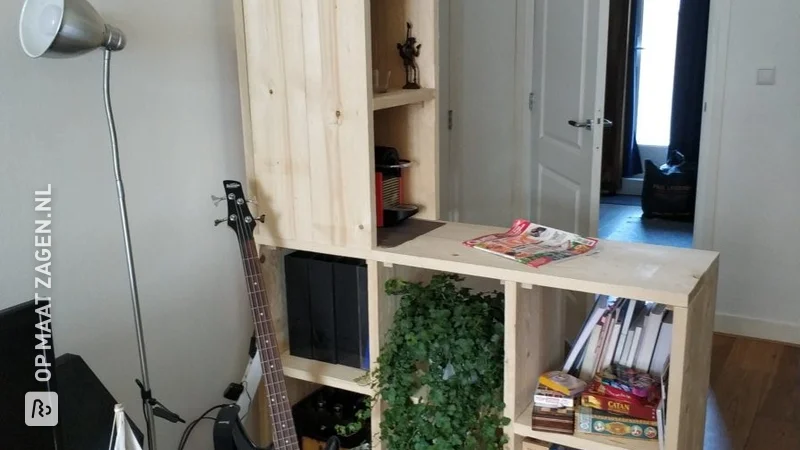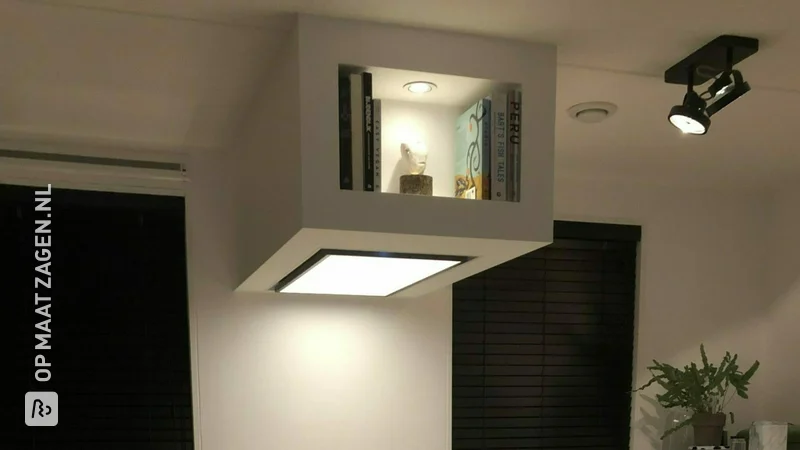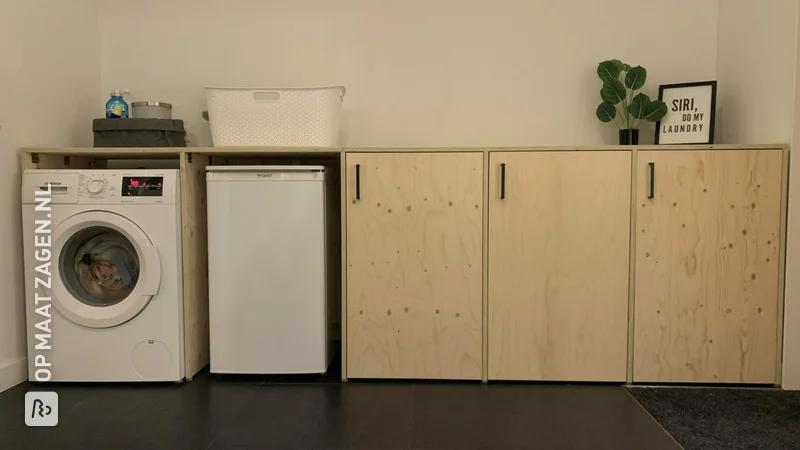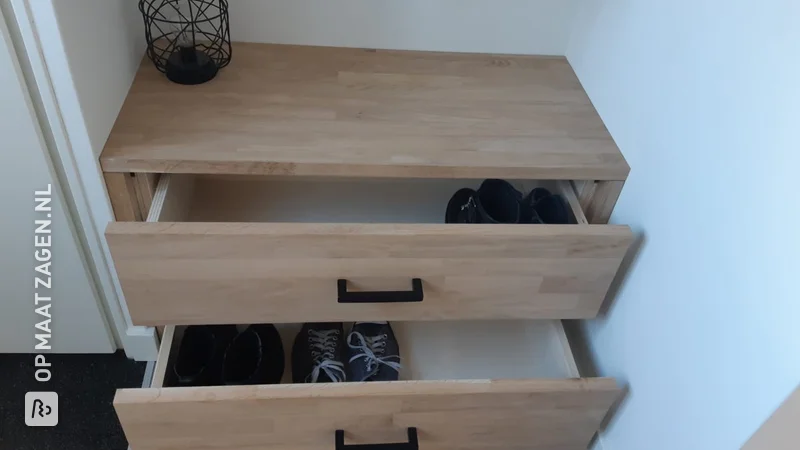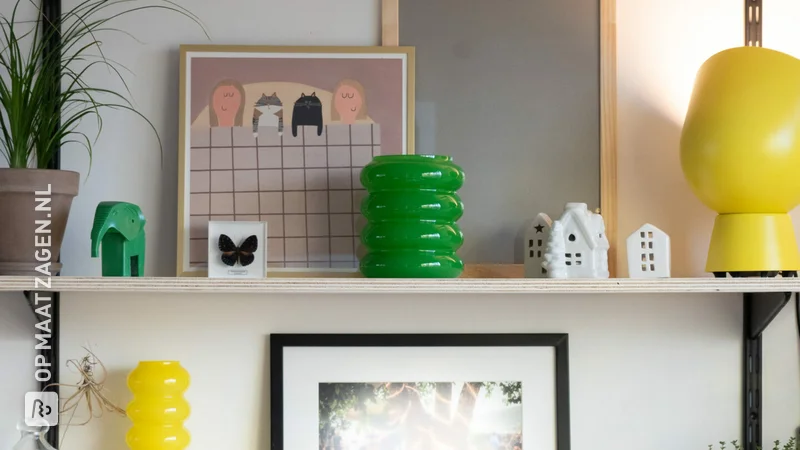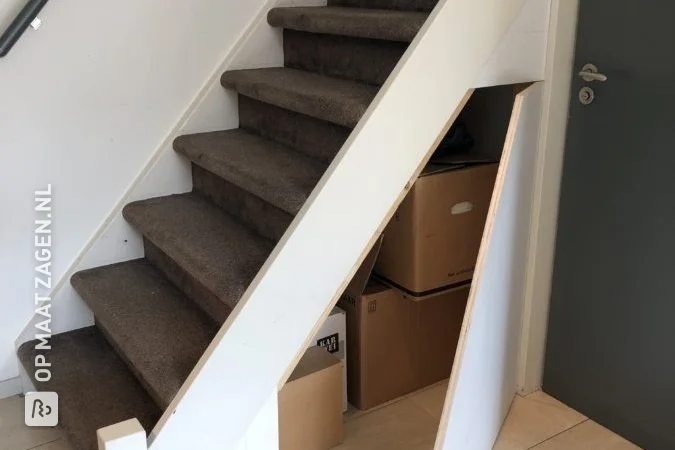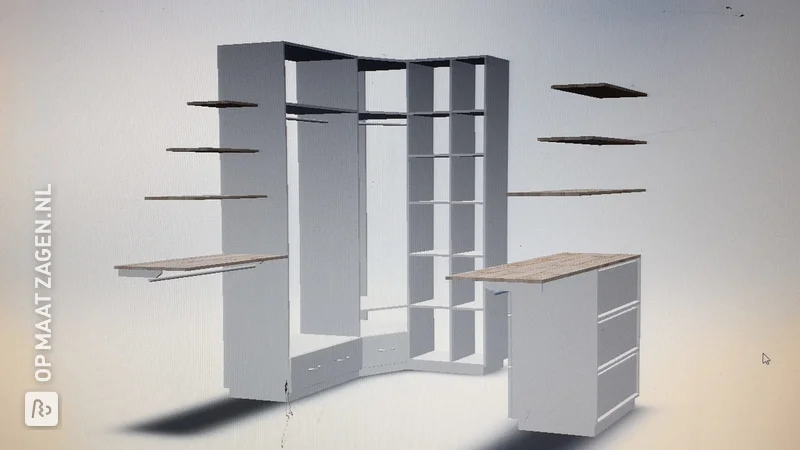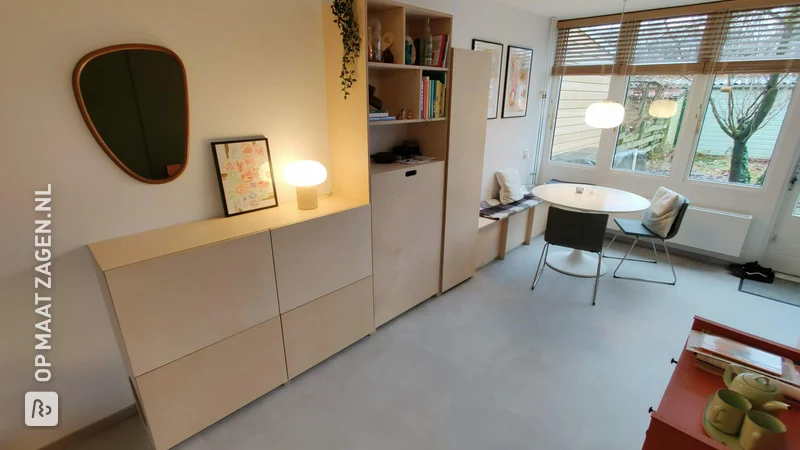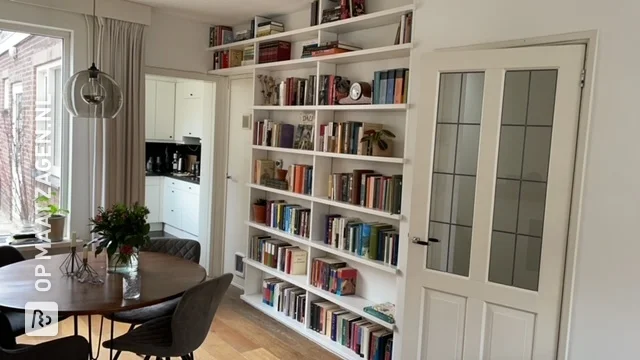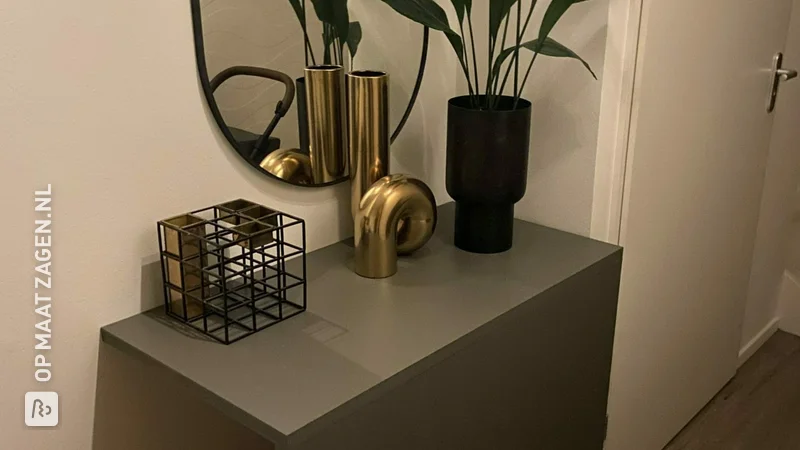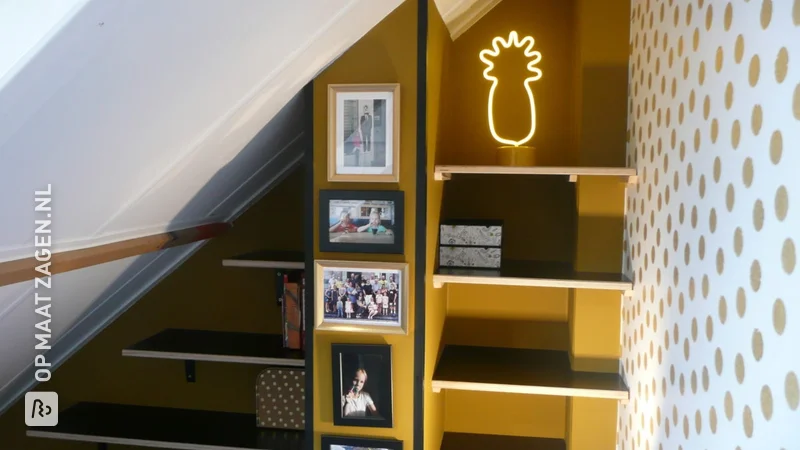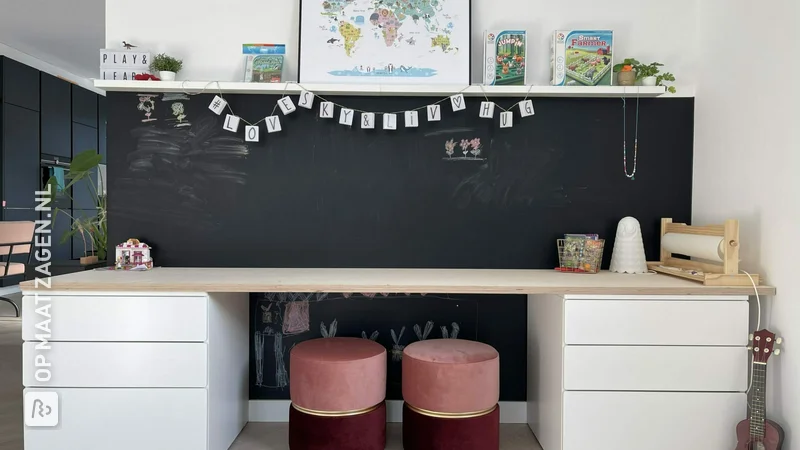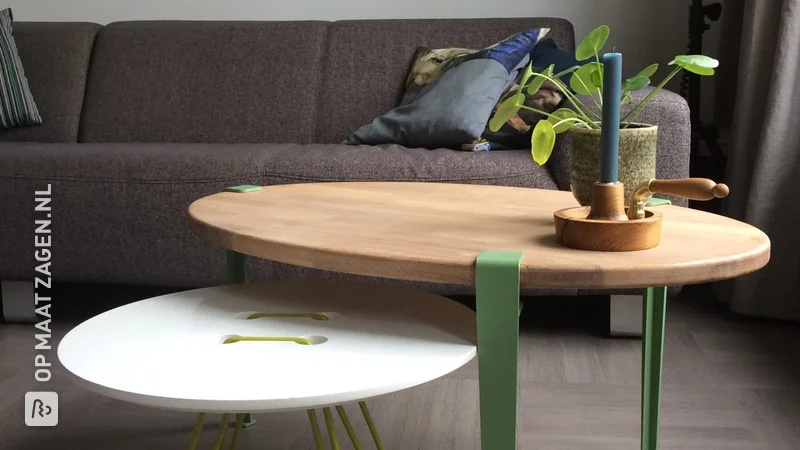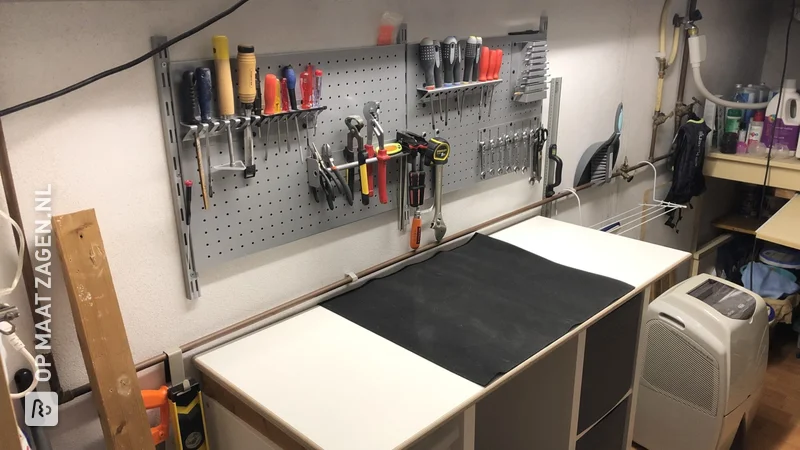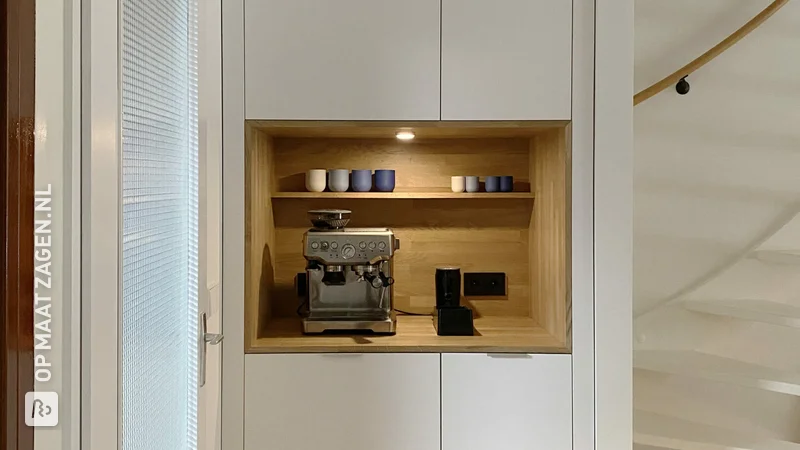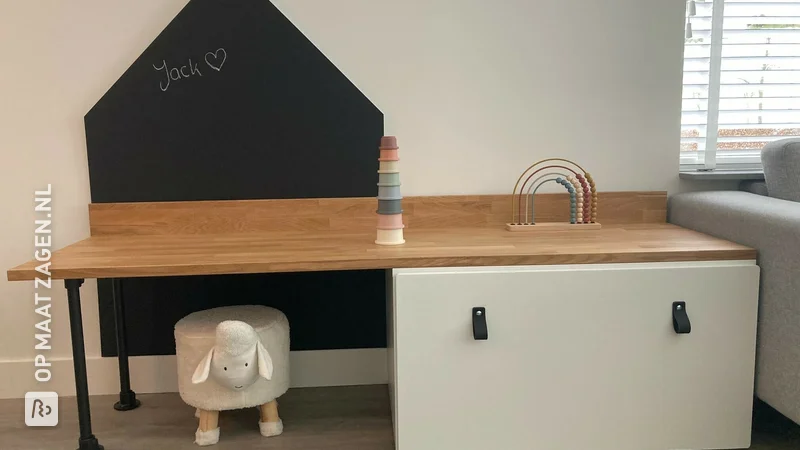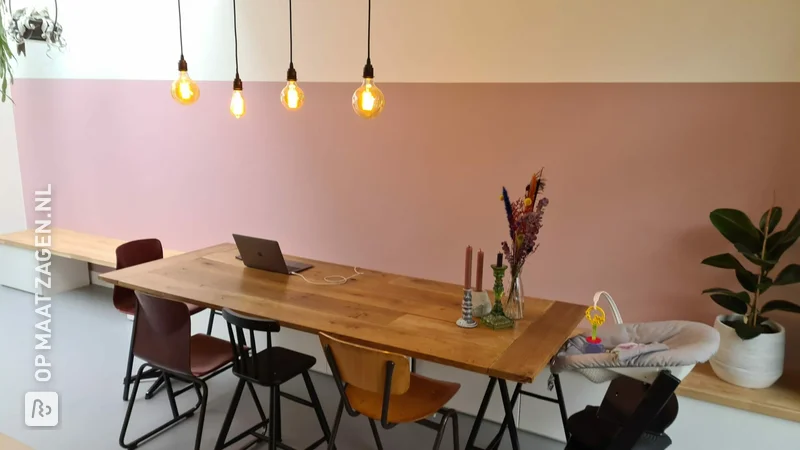- OPMAATZAGEN.nl
- DIY tips
DIY tips: How to lacquer the ends of MDF
DIY tips: How to lacquer the ends of MDF
With this handy tip, you will know exactly how to paint the ends of MDF. Handy, right?
You've created your own design, had the parts cut at OPMAATZAGEN.nl and you're ready to assemble and finish your project. But how do you make sure that the ends turn out nice? Especially if you use MDF lacquer-carrying, you have a nice surface to paint, but the end edges, of course, do not have this lacquer-carrying film. How do you tackle this?
How can you varnish the ends of MDF tightly?
What you need:
There are three ways of pre-treating the end edges:
- With edge sealant, for which you also need some paint trays, rollers and a holder;
- With wood glue that you dilute a little with water;
- With paint putty and putty knives.
Finally, of course, you are going to finish your board off with paint.
Sanding the ends
We start by sanding the ends, which can be done by hand. Just sand well and keep feeling if the edge feels smooth, the smoother it feels the better. When sanding, it is important to keep feeling, but also keep looking. When you're done sanding, you can start pre-treating the ends.
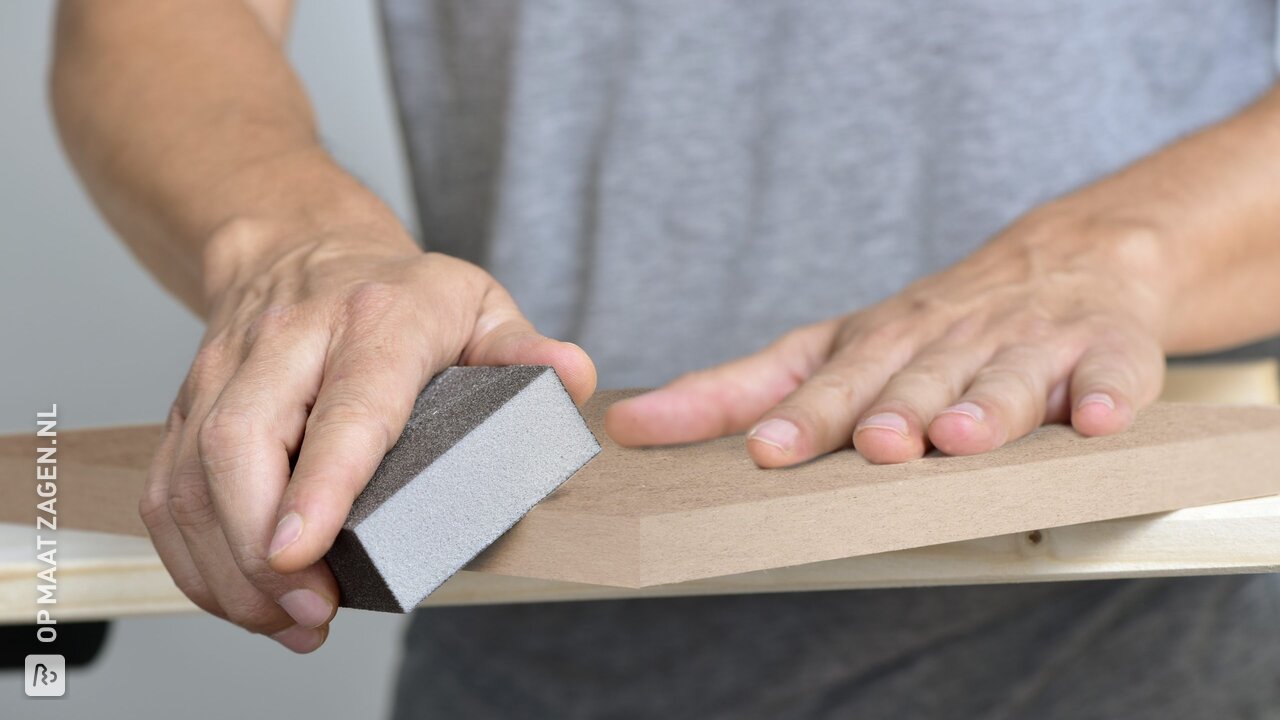
Pretreatment with edge sealer
The first option is with the edge sealer. Edge sealant is made to seal the wood completely watertight, and it ensures that the paint is less absorbed by the end edges that have been treated with edge sealant. Take a small roll and apply it to the end grain. If you see that some of the edge sealer still touches the top or bottom of the panel, remove it, otherwise you will have to sand it off later, and while it is still wet you can easily remove it with a cloth or your finger.
Pretreat with wood glue
The next option is with wood glue that you dilute a little with water. You spread a little wood glue on your finger and dilute it with a little water. This ensures that it is completely spread over the edge. When the wood glue is completely spread over the edge, it has to dry!
Pretreatment with paint filler
The last option is with paint filler. You have sanded the ends and then you just apply a very thin layer of putty with the putty knife. You let this dry for a while and when it is dry you can sand it a bit again.
And then paint it!
When everything is dry, no matter which of the three options you have used, sand the edges once more and then you can start working with the final colour coat that you have chosen!
